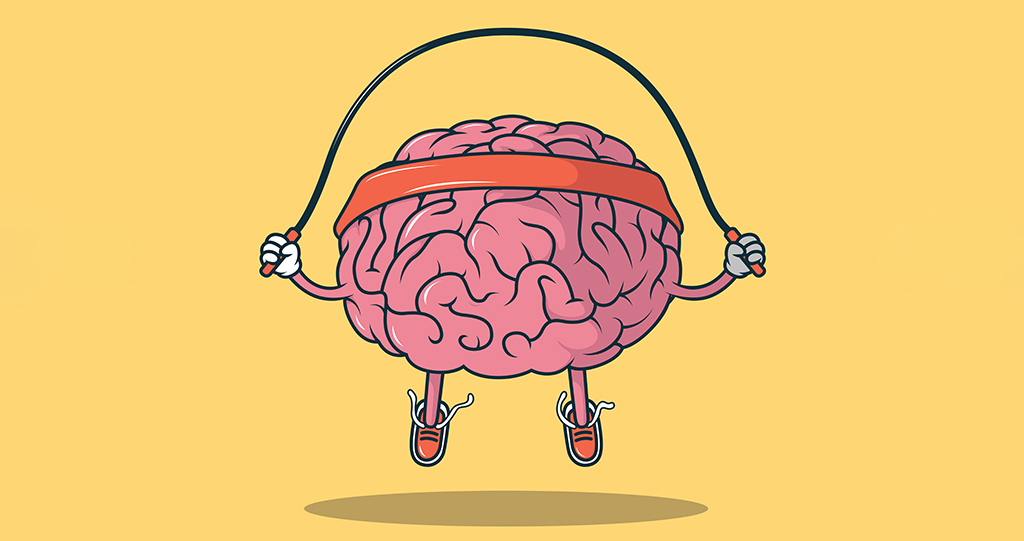What is Mental Fitness and How Does it Work?
Today we know that one-in-two people will be diagnosed with a mental illness by the time they reach the age of 40 and that, at any given time, one-in-five are struggling with their mental health. Mental fitness is a concept that has only emerged in the past few years. It was developed to help people understand that, just as we can improve our physical health by moving our bodies, we can improve our mental health by strengthening our minds.
I’m not referring to memory games or thinking puzzles, but rather exercises that keep you mentally well and build up your resilience to stress. Just as it’s easy to opt for the couch and Netflix rather than exercise, it’s also easy to feed negative thoughts and behaviour patterns that evoke feelings of sadness, worry, and anxiety.
We’re more likely to get sick when we don’t exercise or nourish our bodies with proper nutrition. Similarly, when we don’t practice healthy cognitive practices, the more likely it is for mental illness to develop.
Better Mental Fitness = More Positive Thoughts

Andrew Miki will be speaking at the HR Conference + Tradeshow 2019 in Vancouver, B.C. Catch, The ROI of Wellness: The Importance of Investing in the Mental and Physical Health of Your Employees on April 2, 2019.
Mental fitness is about strengthening the neural pathways that lead to the most realistic and objective thoughts. It’s about breaking patterns so that you experience positive emotions more regularly than negative ones. If you’ve been viewing life events through a glass half empty lens, mental fitness can help.
The more we feed negative thoughts and behaviours, the more likely they will occur. This is due to the neuroplasticity of our brains. Science has proven that humans have an enormous capacity to constantly rewire our brains throughout our lives. Thoughts that evoke certain emotions cluster together via neural pathways. This means that every time we allow a negative thought to repeat, it strengthens. Mental fitness seeks to strengthen neural networks that make you feel mentally healthy.
You’ll feel more confident, resilient and energized by improving your mental fitness. It’s natural to feel sadness and worry but by strengthening your mental fitness, it will become more difficult for sadness to progress to depression and worry to spiral into anxiety.
How Mental Fitness Works
Learning techniques that improve your mental fitness can be broken down into three skills that work in tandem to one another:
- Recognizing the patterns that create difficult emotions and negative moods.
- Integrating techniques to regulate overwhelming emotions and thoughts as and when they arise.
- Resolving the patterns that detract from your well-being by building new ones.
Part of strengthening your mental fitness is discovering strategies that are most effective for you. Similar to how some people prefer to play outdoor team sports vs. going to the gym, you’ll discover methods that work better for you.
As a cognitive behavioural therapist, I guide people to test and practice strategies that work best for them. As the CEO and Founder of Starling Minds, I’m proud that our team has developed a digital mental fitness program that reduces barriers to receiving evidence-based cognitive-behavioral training and is helping thousands of people discover ways to strengthen their mental fitness.
Dr. Andrew Miki is a registered psychologist in B.C. who specializes in neuropsychology and Cognitive Behavioural Therapy (CBT). Dr. Miki’s passion is to educate people about mental health and to empower them to manage it on their own. Dr. Miki is well-known in the vocational disability space where he helps people return to work when off for mental health reasons. In addition to his work as a psychologist, Dr. Miki is the CEO and Founder of Starling Minds™—a Vancouver-based tech startup that offers digital CBT solutions for organizations who are looking to improve workplace mental health.









